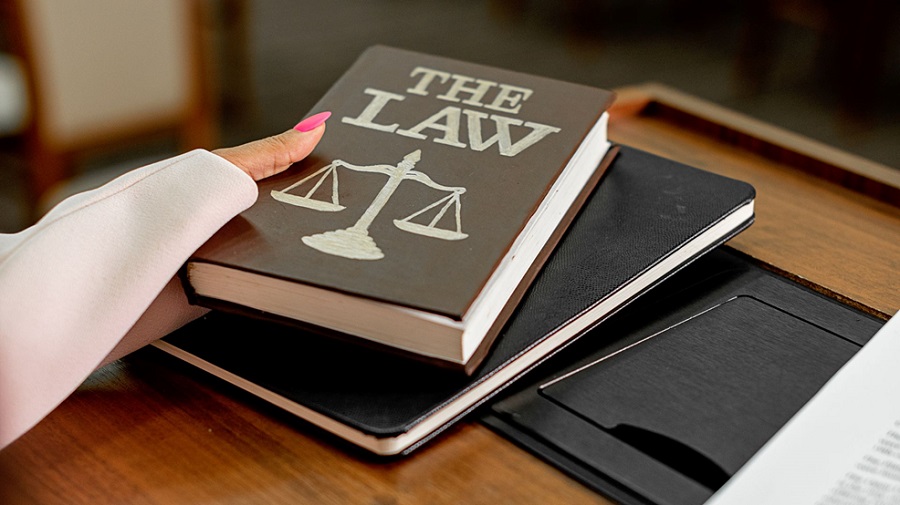The legal system is filled with complexities, and one of the most debated aspects of this system is the role of a defense attorney in representing someone they know or suspect is guilty. While many view the task as a moral dilemma, it is crucial to understand the responsibilities of a criminal lawyer in such cases. In this article, we’ll explore what it means to navigate the gray areas of representing a client regardless of their guilt.
The Role of a Criminal Defense Lawyer
Criminal defense lawyers are entrusted with a range of obligations, chief among them being the protection of their client’s rights. These rights include the presumption of innocence, effective representation, and a fair trial. A criminal lawyer in Minneapolis provides comprehensive information on criminal defense services, highlighting the importance of competent legal representation to challenge the prosecution’s case.
When criminal lawyers agree to defend a client, they are required by law to provide zealous and effective representation. This means that even if they suspect their client’s guilt, they must still adhere to ethical and professional standards to uphold the fairness of the legal process.
Ethical Considerations
The question of whether a lawyer should defend someone they believe is guilty often centers on the ethical dimensions of the profession. The American Bar Association’s Model Rules of Professional Conduct state that a lawyer must not represent a client if that representation involves misconduct. However, defending someone who is guilty does not directly violate any ethical codes.
As a client’s legal representative, a criminal lawyer must maintain confidentiality and communicate with the client honestly. Regardless of the lawyer’s personal views, they must remember that their primary duty is to defend their client within the boundaries of the law.
Advocating for the Rights of the Accused
A criminal lawyer’s role extends beyond advocating for their client’s innocence; they are responsible for ensuring the prosecution can prove guilt beyond a reasonable doubt. By defending someone they know or suspect is guilty, a lawyer contributes to the robust and fair functioning of the legal system. The constant evaluation and critique of evidence presented by the prosecution help maintain the integrity of the judicial process.
Constructing a Defense Strategy
When a criminal lawyer is presented with a guilty client, they will focus on building a defense that is not based on factual innocence. Instead, they may question the legality of police procedures and the quality of the prosecution’s evidence or argue for mitigating factors. Ultimately, it is the prosecutor’s job to prove the defendant’s guilt, not the defense attorney’s job to prove their innocence.
Wrapping Up
In conclusion, a criminal lawyer can, and often must, defend someone they know is guilty. The key to understanding this aspect of the legal profession is looking beyond the question of guilt and observing the broader responsibility of defense attorneys to uphold the fairness and effectiveness of the legal system. By ensuring the rights of the accused are protected and challenging every aspect of the prosecution’s case, defense attorneys serve an essential role in maintaining the integrity of the justice system.

